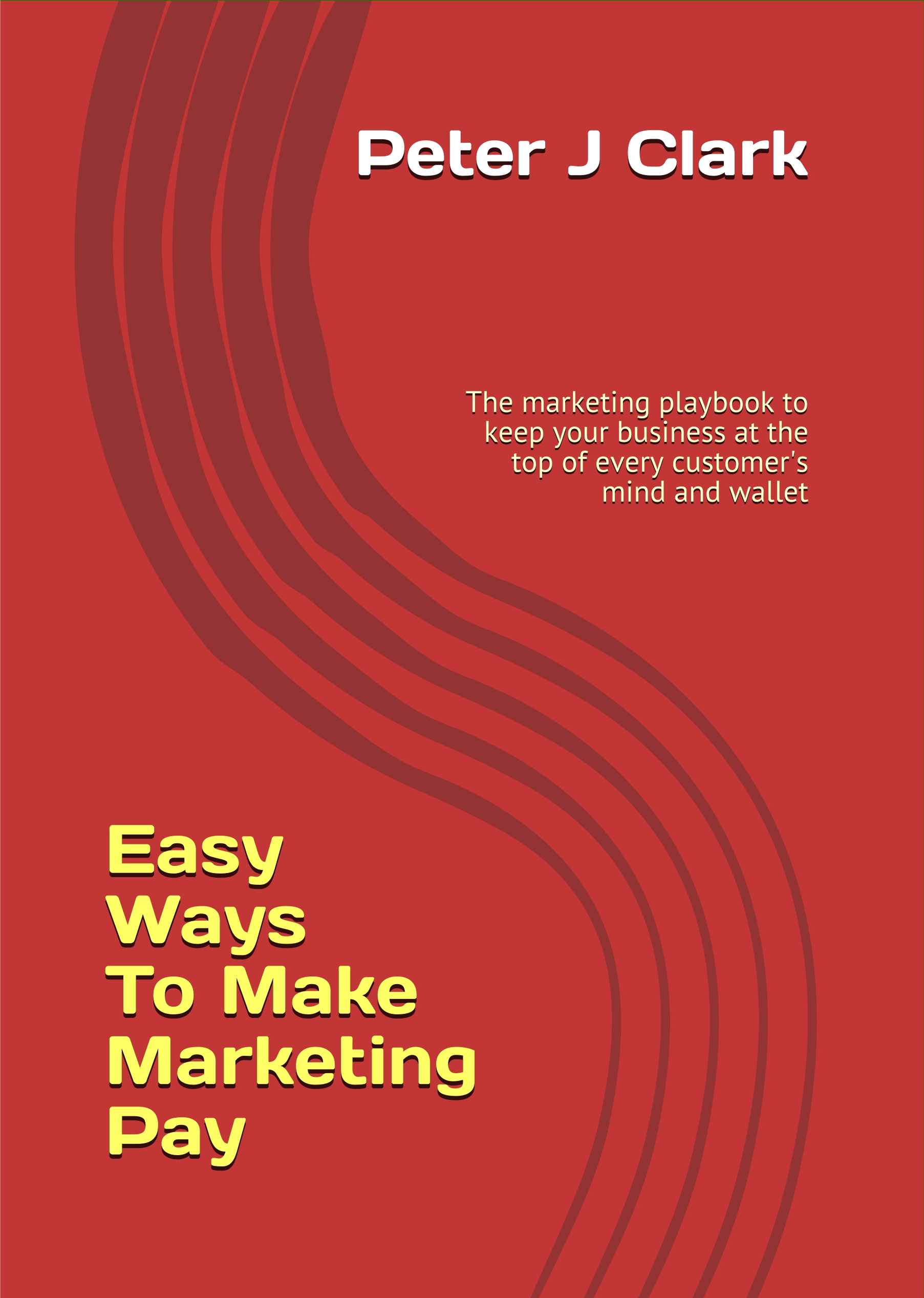Customer data finds new meaning in life
Big data and Little Data are phrases that crop up everywhere you turn. How businesses can structure the quantity of data they hold and use it to better their performance are key conversations being held up to board level. Indeed, this is a topic often discussed by consumers, who largely feel pensive about the amount of data brands store on them. But a discussion that's lacking is the value of data for consumers according to Steve Grout, CEO for digital agency Tangent Snowball, who here explains how they can use data to empower them to measure, analyse and improve their own lives.
One myth that urgently needs to be debunked is that data is only for businesses. Clearly corporations have access to a far greater quantity of data than an individual consumer; but consumers have the power to gather as much data from their own lives as they wish, and use this for the improvement and bettering of their lives. Indeed, consumers do this on a daily basis, perhaps without realising.
Consumers will happily input data into an app in order to help them manage their energy bills, or track the number of steps walked or calories burned, and will unthinkingly make use of sites such as comparethemarket.com - a site that, using aggregated data, saves us a huge amount of time trawling through and comparing independent providers.
Empowerment through data
Yet, the benefit data brings to consumers seems to be overlooked. It is taken for granted; consumers don't have time to stop and think how their lives would differ without this.
Wellbeing is just one aspect of life that, thanks to data, consumers are empowered to take greater responsibility for. For example, it is recommended that we take 10,000 steps a day. But how do we put this into context, without which 10,000 is simply a number? Some of us might know that the average person takes 2000 steps per mile[1] and that we would therefore need to walk five miles a day. But without the use of technology it is very difficult to keep track of how close to the target we are. A pedometer; arguably one of the more simple pieces of technology around, allows us to track our steps and gives us some indication of how much daily exercise we are taking compared with the rest of the population.
Attitude of caution
Despite that data is an integral part of our lives, there is a prevailing attitude of uncertainty, perhaps even fear, held by consumers toward it. This may be attributable simply to ignorance. Our ability to use data has improved so rapidly over a relatively short space of time that those of us much beyond the age of 20 haven't had the privilege of growing up with it and may therefore not be as knowledgeable or feel as comfortable with it as the younger generation.
Put consumers in the driving seat
The question, then, is what can be done to allay this caution toward 'big data', and educate consumers about the extent to which data is already benefitting them.
It seems that when asked indirectly, the majority of consumers appreciate the effect of data. For example, "56% of consumers say they would be more inclined to use a retailer if it offered a good personalised experience, according to O2 's The Rise of Me-tail study"[2]; the catch though, is that they don't like the means by which brands are able to offer this level of personalisation, something which is often deemed an invasion of privacy.
It might be a very different story if consumers felt that they had some control over who collected their data and how it was used (a compulsory tick box that requires consumers to forfeit control over their data before allowing them to proceed does not count).
A marketer's responsibility
Marketers have a burden of responsibility to use consumer's data both properly and effectively. Despite their feeling of caution consumers are coming to terms with the reality. As a result they expect to receive a benefit, such as being communicated with in a personalised way and receiving tailored offers and incentives. Personalisation will assist marketers in demonstrating to consumers that the collection of this data is mutually beneficial.
Wearable technology
The ease with which consumers can collect and analyse personal data will only increase, thanks in part to the rise of wearable tech. The Wearable Tech Show that took place at Olympia in March provided us with an insight into how brands are hoping to help consumers to improve their lives. A wristband that uses information about your skin type to tell you when you need to move out of the sun, and a jacket that connects to your smart phone and monitors your heart rate as you're exercising providing instant feedback, are just two examples.
"As wearable tech increasingly plays a part in our daily lives, and collecting and analysing data becomes commonplace, the more comfortable consumers will feel. Perhaps it would be beneficial for us all to take a minute out to stop and think about how different our lives would look without big data. The Cloud, for example, wouldn't exist; GoogleDocs would be no more, and no longer would we have a PA in our pockets," concluded Grout.
Sources: Tangent Snowball / The Marketing Factbook.
Copyright © 2014 - 2025 The Marketing Factbook.
Categorised as:
- Customer Experience
- Customer Loyalty
- Knowing The Customer
- Marketing Know-How
- Marketing Technology
